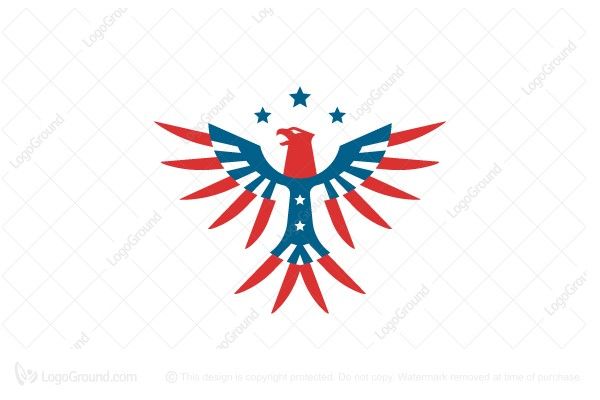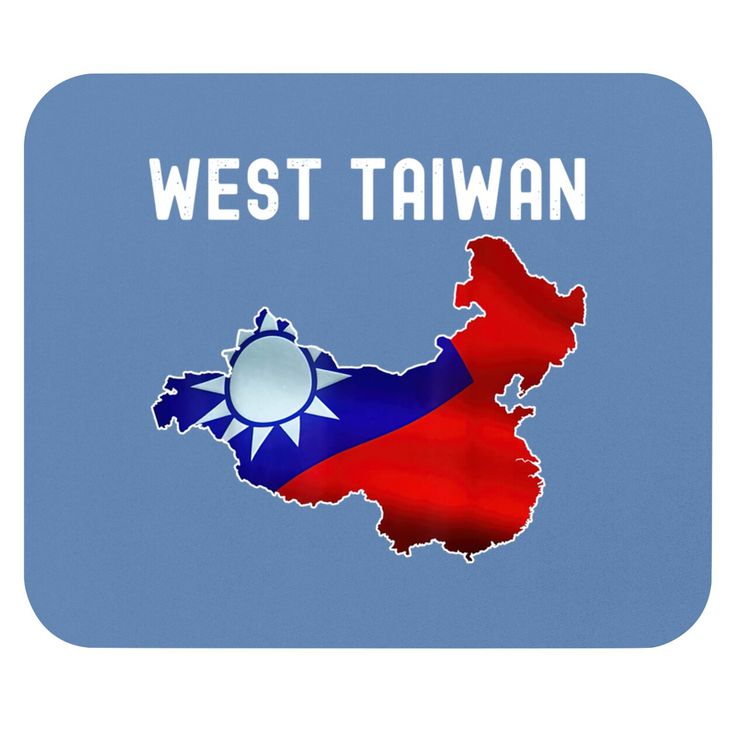1China84: We are Winston Smith (Book Overview)
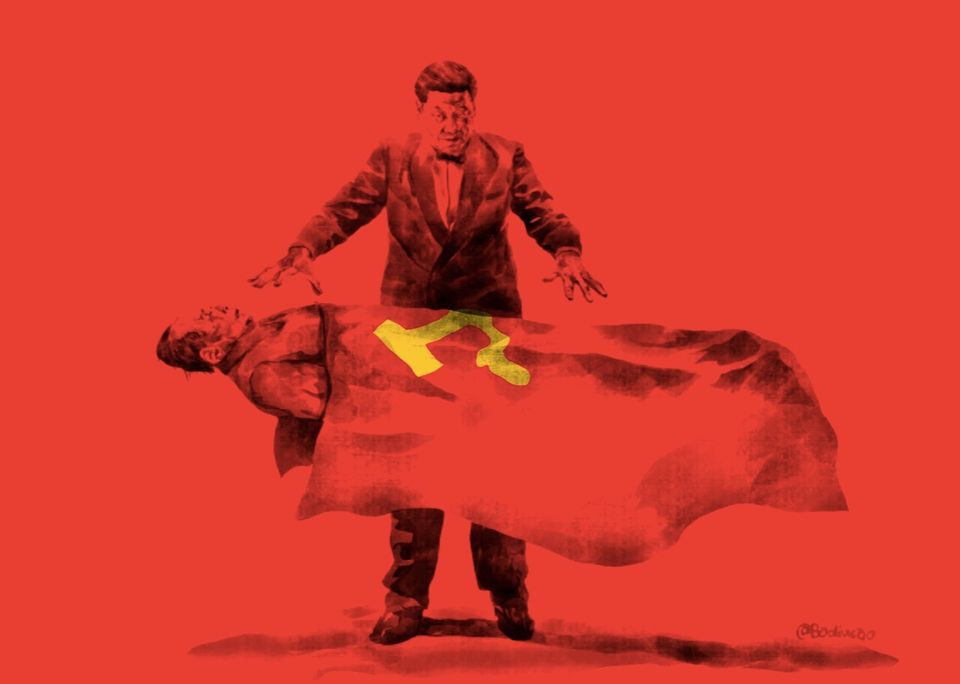
Overview
1China84: We are Winston Smith is a broad, exoteric and accessible non-fiction book about an existential threat. That threat is the Chinese Communist Party (CCP) which has the potential to be an irrepressible force across multiple fronts.
The fronts include:
- information
- cyber
- political
- psychological
- cognitive liberty
- legal
- economic
- technological
- manufacturing
- trade
- drug
- biological
- culture
- and kinetic (including grey zone and space).
The CCP views each of these fronts through the lens of zero-sum warfare.
For decades, the general public, governments and subject matter experts have misunderstood this threat. It is complex, opaque and rules approximately 20% of humanity. 1China84 succinctly explains why our understanding has been so poor and how this outcome was by design.
1China84 aims to be the primary reference for a wider and larger audience to holistically and easily understand one of the most critical subjects of the 21st century.
Drawing inspiration from George Orwell’s renowned novel 1984, 1China84 also incorporates culturally known elements from this dystopian world. The reader is acquainted with the pertinent points from 1984. Thought provoking references draw clear parallels that bridge reality with a once unimaginable vision.
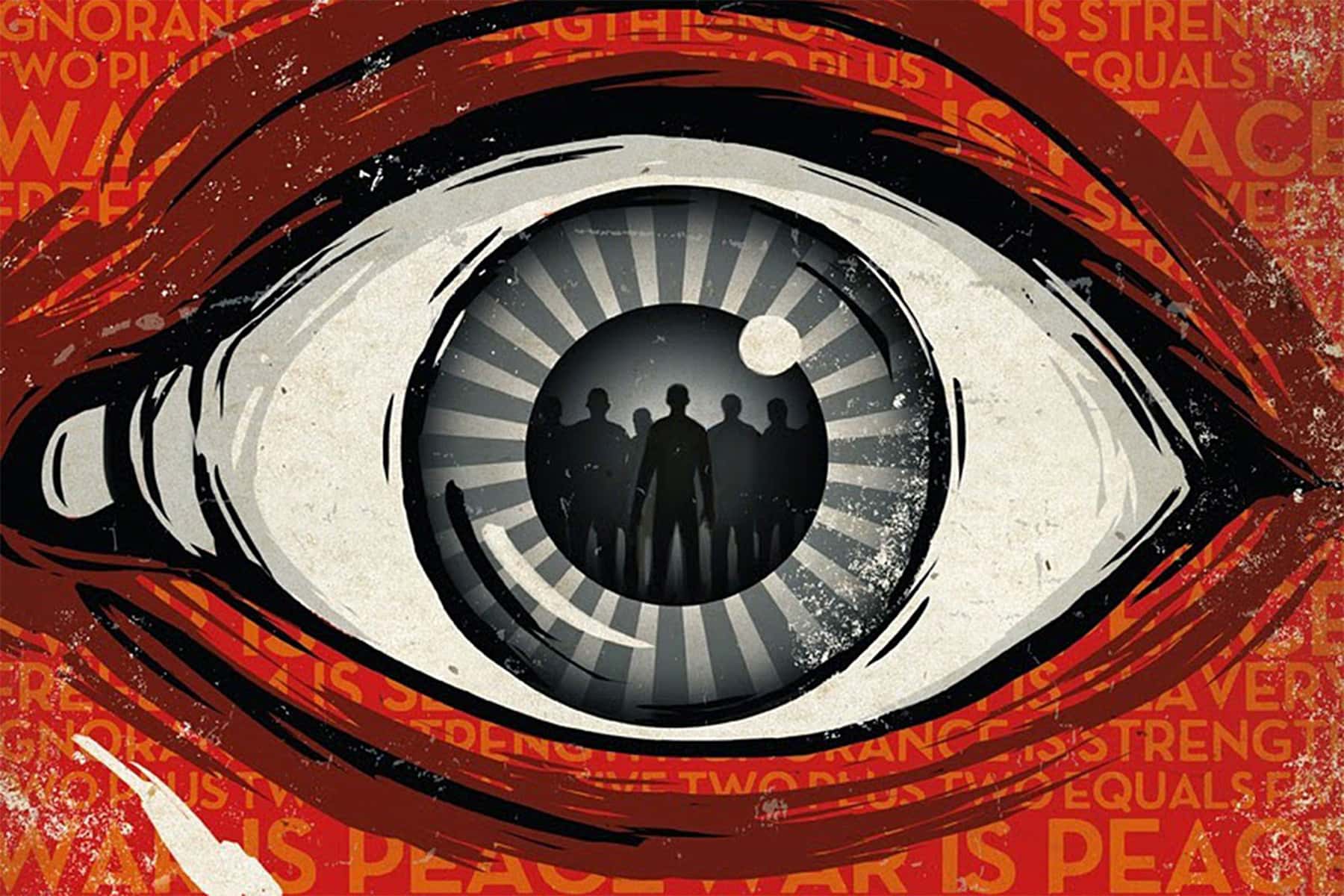
The book frames 1984’s main protagonist as the pragmatic solutions provider. Winston Smith was the last bastion of the human spirit and he continues this unintended role in 1China84. Identified problem statements are addressed by asking, “What would Winston do?”.
1China84 presents its content in a straightforward manner, cuts through complexity and evidence pierces through the opaque. It informs the reader of core information without assuming significant prior knowledge. It is rich in analogies, examples and references to modern popular culture from the colourful to the absurd. This refreshing approach serves to demystify intricate, abstract and complex concepts to make them more relatable.
The book explores previously unexamined ideas on the consequences of divergent civilisational paths such as chain stratagems, societal trust, differing warfare definitions, complimentary projection, godlessness and the products of the enlightenment. Its foundational arguments aspire to remain an evergreen appraisal and to avoid recency bias.
Critically, 1China84 allows us to better understand the CCP’s intents, methods, deceptions and strategic objectives across a broad range of themes.
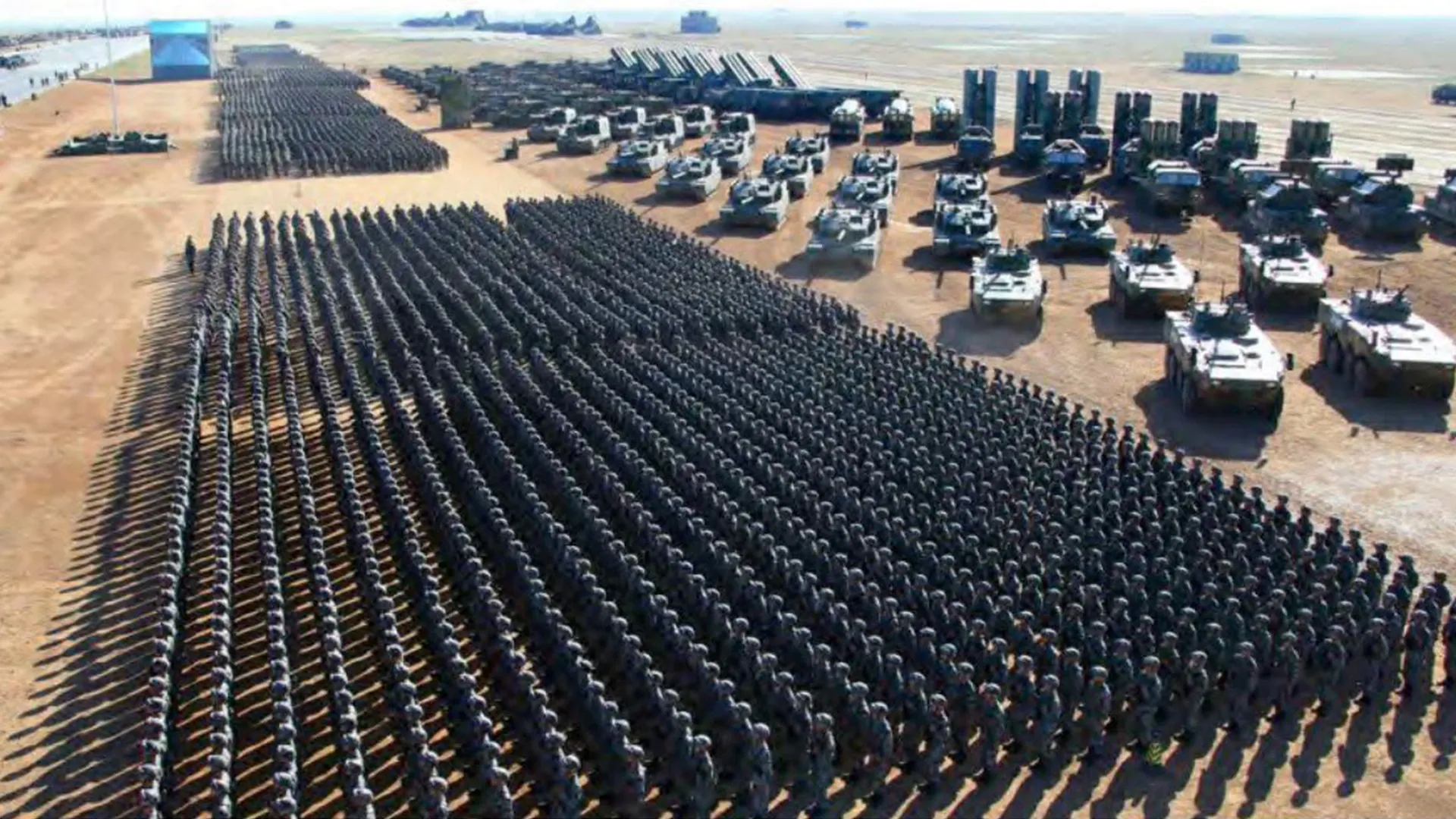
The CCP prioritises power over the well-being of their citizens. An elaborate system of control without independent checks and balances ensures their citizens have no power to affect meaningful change. As history teaches, totalitarianism has a higher probability of dangerous, human-driven calamities. Through expansion, the CCP are imposing their techno-totalitarian global order onto a mostly unsuspecting world.
Freedom of expression, jurisprudence, respect for individuals and democracy were once luxuries that have since become necessities for much of humanity. These modern values that many covet or may take for granted are now in jeopardy.
1China84 evidences that the continued existence of the CCP is overall worse for humanity than any other existential threat. It explains how this threat has risen, describes how the CCP seeks global hegemony and why the very existence of modern human values and the rule-based order threatens its legitimacy. Hence, the “Free World” is the CCP’s existential threat. Throughout, objective counterpoints provide challenge to any assertions.
It sensibly distinguishes between ordinary PRC citizens (including diasporas) and the CCP. Thereafter, it challenges this divide by evidencing that an intentional, ethical climate has been formed. An ethical climate of Han-Chinese supremacy similar to nationalistic Nazism. A digital gulag with menacing consequences for those that do not conform.
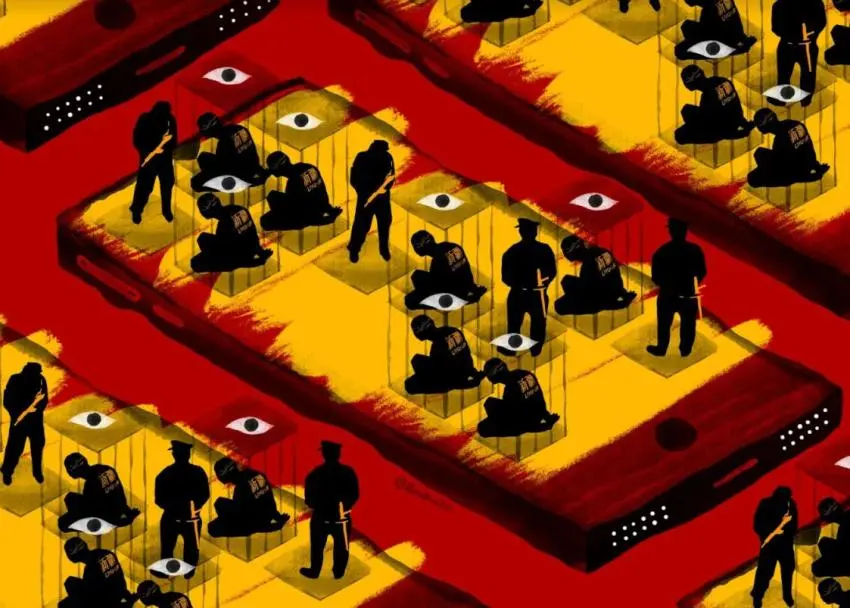
Pragmatic solutions are proposed for a variety of stakeholder types across its themed chapters. 1China84 argues that all benefactors and proponents of this imperfect miracle known as the “Free World” bear the responsibility to nurture and defend it.
Friendly engagement or inaction will continue to be seen as an exploitable weakness by the CCP. The rise of the CCP is not fully our fault, though it is our duty to ensure that they are no longer able to thrive nor exist. That really is something meaningful to pursue and will achieve an overall good in our world.
In closing, 1China84 reveals the motive of its modern popular culture references. It examines the potential for self-actualisation and culture generation between the two competing systems. It asks and addresses a profound question, “What is happiness and autonomy and why are they so important?”.
We are running out of time before we are Winston Smith too.
Welcome to 1China84, your new little red book.
Recommended articles:
